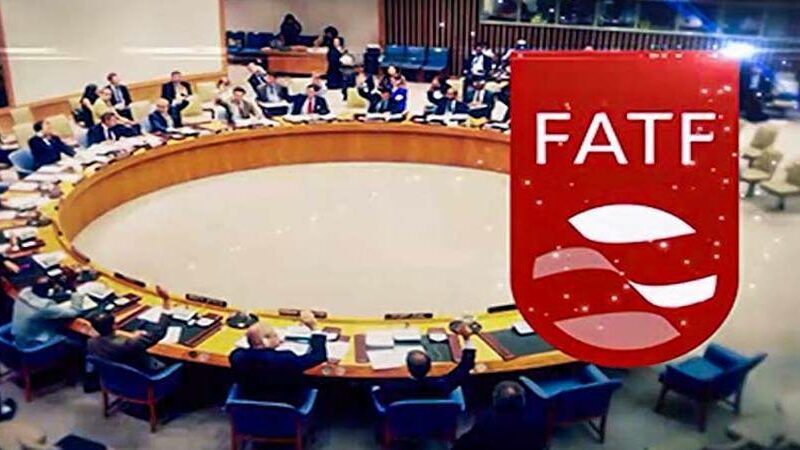A brief guide to FATF
(Financial Action Task Force) was established in 1989 by the G7 to develop policies to counter money laundering which was increasingly being seen as a major international problem. Not only was crime going global, but it also had the potential to destabilise the global economy. Understanding underlying money laundering trends and more importantly, combatting it, was considered crucial. In 2001, following the September 11th terrorist attacks on the US, the remit of FATF was expanded to include terrorist financing.
FATF’s primary set of policies are what are known as the “Forty Recommendations” on money laundering and the “Nine Special Recommendations” on terrorist financing. These recommendations are collectively seen as a global standard in anti-money laundering. They cover areas such as the criminal justice system, law enforcement, international co-operation and the wider financial system and its regulation.
The key principles in the recommendations are as follows –
- Implement relevant anti-money laundering and counter terrorism international conventions
- Criminalise money laundering and enable authorities to confiscate the proceeds of money laundering
- Implement customer due diligence (identity verification, name screening and risk rating), record keeping and suspicious transaction reporting requirements for financial institutions and designated non-financial businesses and professions
- Establish a financial intelligence unit (a law enforcement authority that collects and analyses financial records to identify transactions which may involve money laundering or some other criminal activity) to receive and disseminate suspicious transaction reports
- Cooperate internationally in investigating and prosecuting money laundering
There are currently 38 member countries of FATF which cover all the key global financial hubs. However to achieve global implementation of the FATF Recommendations, FATF relies on a strong global network of regional bodies in addition to its own members. These nine regional bodies help promote the implementation of FATF Recommendations. In total, over 200 jurisdictions around the world have committed to the FATF Recommendations through the global network of regional bodies and FATF memberships.
The FATF conducts peer reviews of each member (both full and regional members) on an ongoing basis to assess levels of implementation of the FATF Recommendations, providing an in-depth description and analysis of each country’s system for preventing criminal abuse of the financial system.
A mutual evaluation involves a team of experts drawn together from regional member jurisdictions (specially trained and qualified in the FATF’s assessment methodology). The team consists of:
- legal experts;
- financial and regulatory experts; and
- law enforcement experts (including Financial Investigation Unit experts).
The evaluation comprises of two inter-linked components:
- The technical compliance assessment will address the specific requirements of each of the FATF Recommendations, principally as they relate to the relevant legal and institutional framework of the country, and the powers and procedures of competent authorities. These represent the fundamental building blocks of an AML/CFT system. The assessment then grades the country with the its level of compliance with each Recommendation using the following scale: compliant, largely compliant, partially compliant or non-compliant.
- The effectiveness assessment will then assess the extent to which a country achieves a defined set of outcomes that are central to a robust anti-money laundering and counter terrorist financing system and will analyse the extent to which a country’s legal and institutional framework is producing the expected results. The efficacy is then graded as follows: high-level of effectiveness, substantial level of effectiveness, moderate level of effectiveness and low level of effectiveness.
The FATF blacklist is a common shorthand description for the FATFs list of “Non-Cooperative Countries or Territories” (NCCTs). The blacklist has been issued by FATF since 2000 and lists countries which it judges to be non-cooperative in the global fight against money laundering and terrorist financing, calling them “Non-Cooperative Countries or Territories” Typically, this lack of cooperation has manifested itself as an unwillingness or inability (frequently, a legal inability) to provide foreign law enforcement officials with information relating to bank account and brokerage records, and customer identification and beneficial owner information relating to such bank and brokerage accounts, shell company, and other financial vehicles commonly used in money laundering. The list is regularly updated by FATF.
The effect of the FATF Blacklist has been significant, and arguably has proven more important in international efforts against money laundering than has the FATF Recommendations. While, under international law, the FATF Blacklist carried with it no formal sanction, in reality, a jurisdiction placed on the FATF Blacklist often finds itself under intense financial pressure from major financial hubs.




